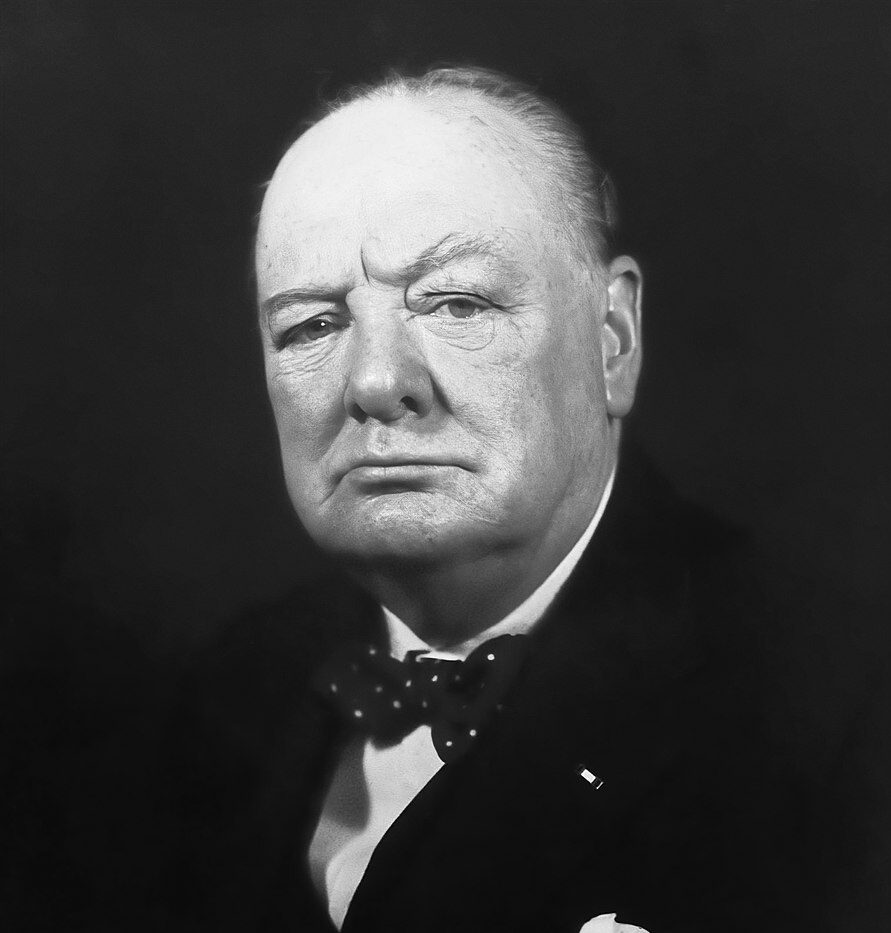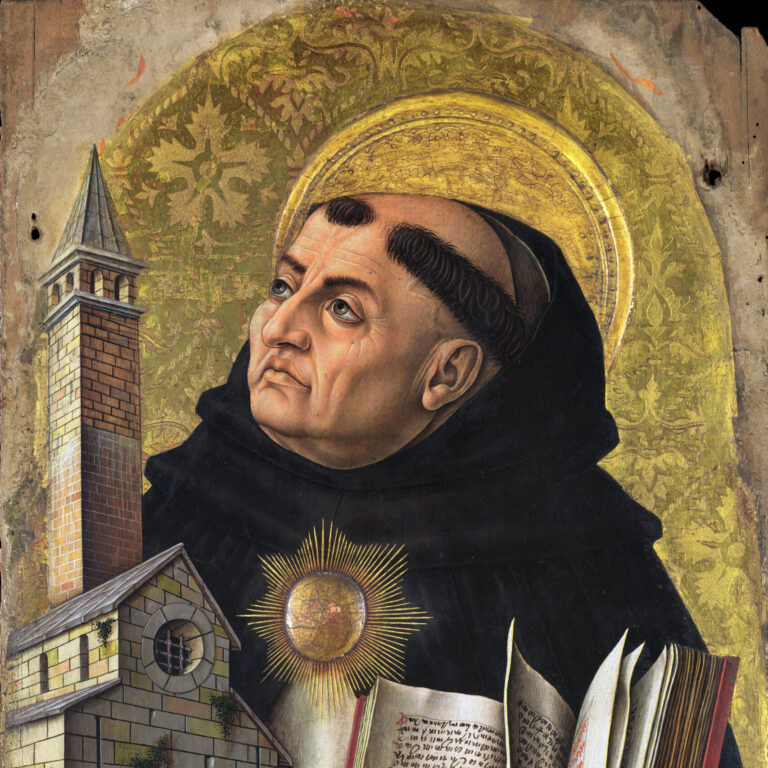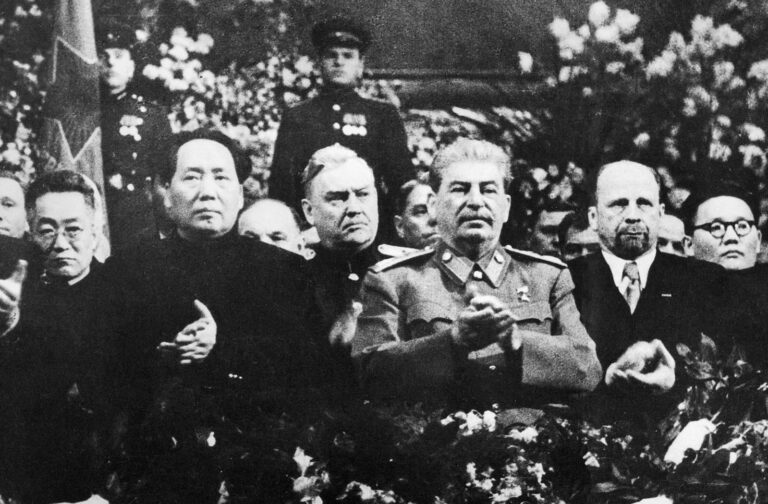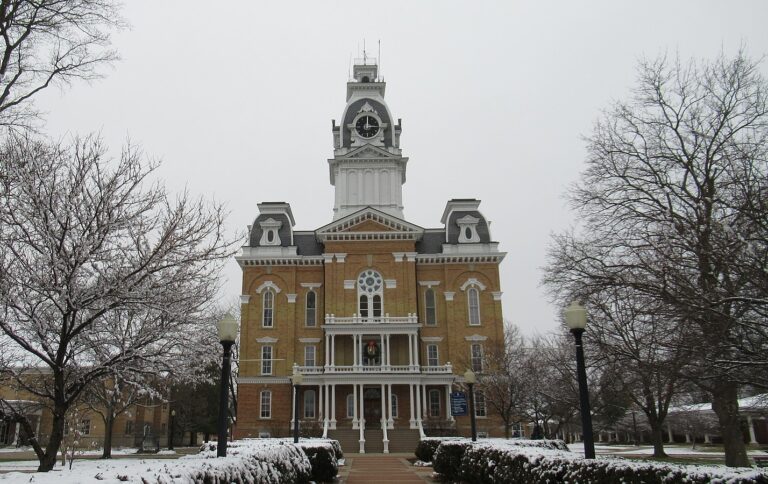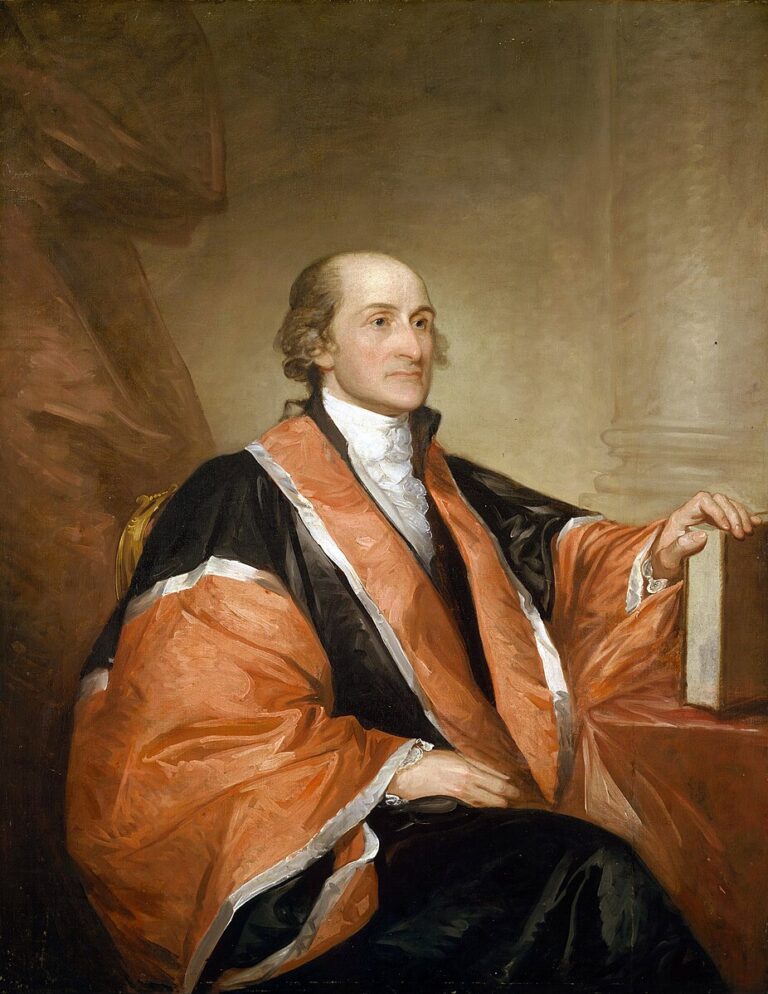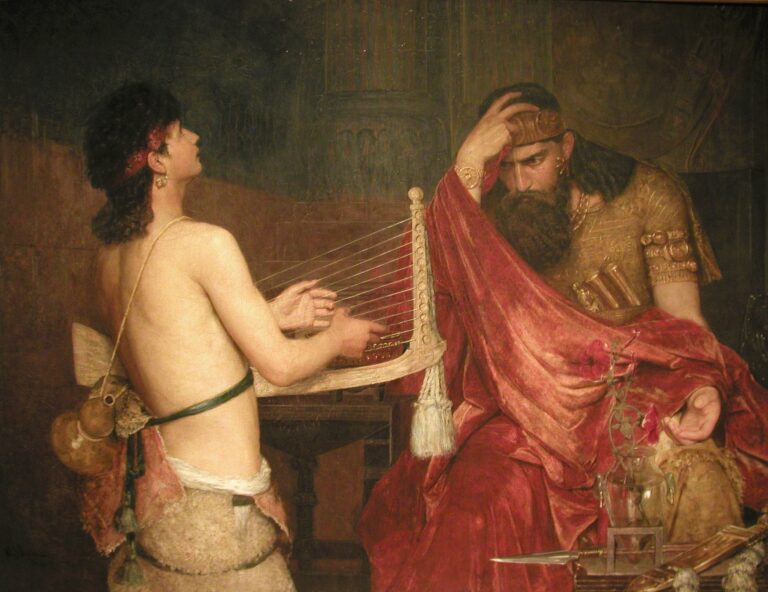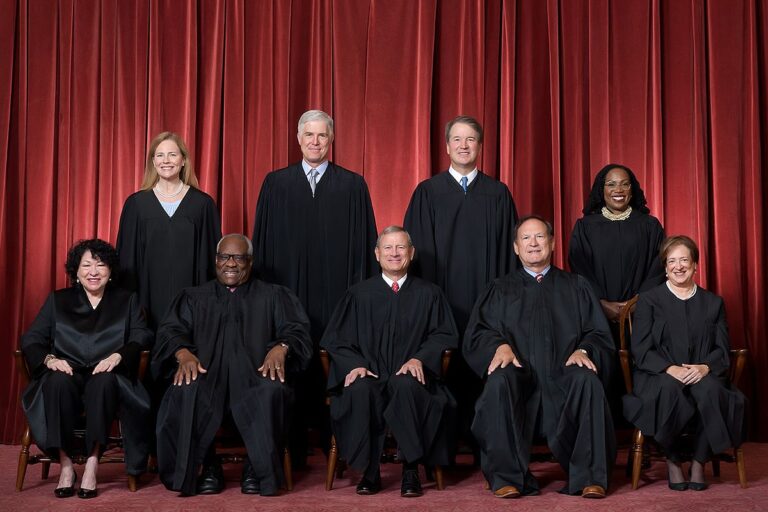The Unlikely Education of Sir Winston Churchill
Winston Churchill never received a college degree. Nevertheless, “the Greatest Briton” fought in many wars, worked as a Member of Parliament, served twice as Prime Minister, wrote dozens of books, hundreds of articles, thousands of letters, and received the coveted Nobel Prize in Literature. That’s not bad for a man who never went beyond the British equivalent of high school.
How did someone who received so little formal education become capable of accomplishing such great things? In the first lecture of his course, “Winston Churchill and Statesmanship,” Dr. Larry Arnn discusses how Churchill was capable of great ethical and political insights, even though he never went to college and had been a rather inconsistent student. He was an astute observer of the people and events around him and, though his negative experiences in school soured toward learning for a while, he had a desire to learn that led him to books.
“It was not until this winter of 1896, when I had almost completed my twenty-second year, that the desire for learning came upon me,” Churchill writes about his time as a soldier in Bangalore, India. He began to ask questions that required serious reading. What are Ethics? What sort of thing is the Socratic method? How did the English Constitution develop to its current form? Resolving “to read history, philosophy, economics, and things like that,” he wrote his mother to send him books. He received a full package every month with works that he would devour during his leisure at the barracks.
Churchill read aggressively during his time in Bangalore, works such as Gibbon’s History of the Decline and Fall of the Roman Empire, Macaulay, Plato’s Republic, Aristotle’s Politics, Darwin’s Origin of Species, Schopenhauer on pessimism, Malthus on population. He was a voracious reader, but even more he sought out conversations about what he read to help him understand it better. His commitment to reading, observation, and reflection were such that, later in life, when Churchill received a copy of Aristotle’s Ethics from his close friend F.E. Smith, he responded that the book was informative, “but it is extraordinary how much of it I had already thought out for myself.”
Churchill stands as an example for all of us. We may have neglected the opportunities we had in school. We may have missed chances to learn from good teachers and mentors. We may have wasted time reading trivial works instead of the classics. But the Greatest Briton shows us that the time is still ripe. Our desire to know indicates the best time to learn: right now.

